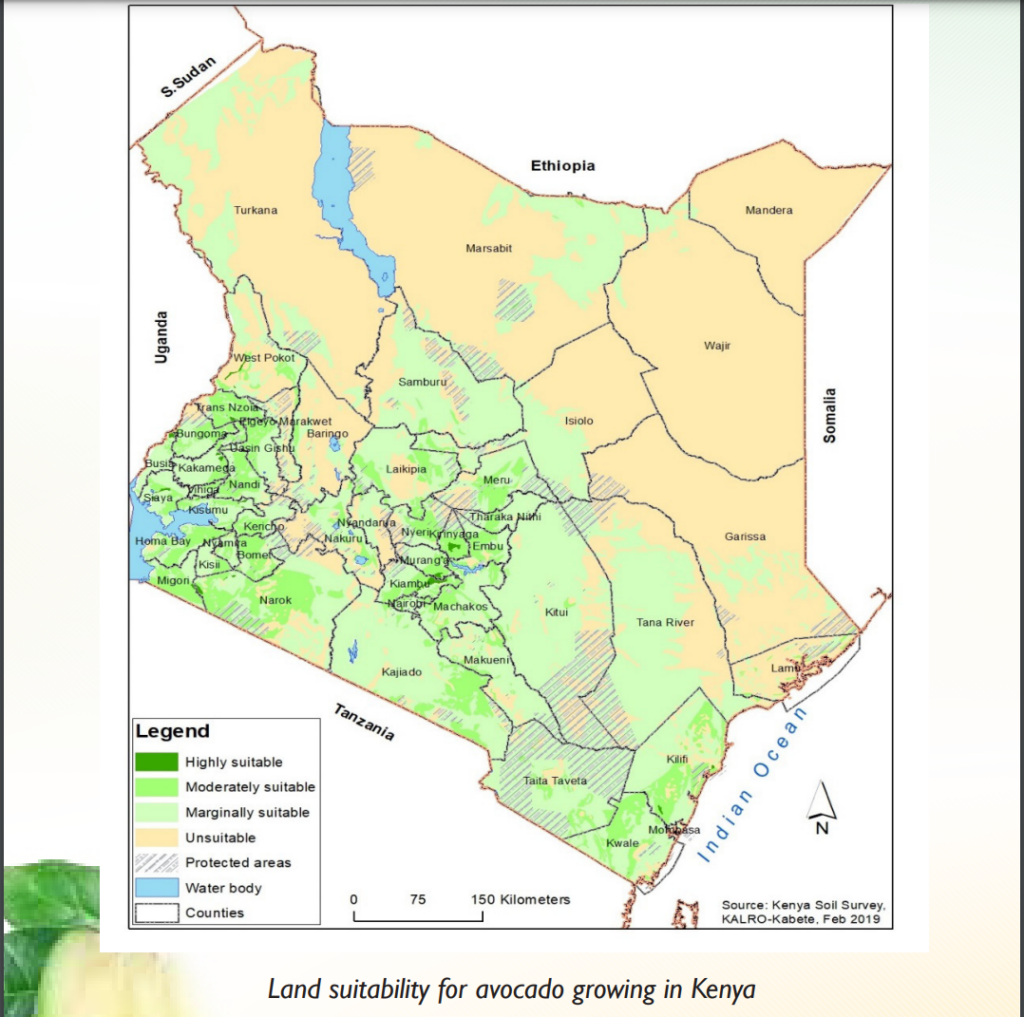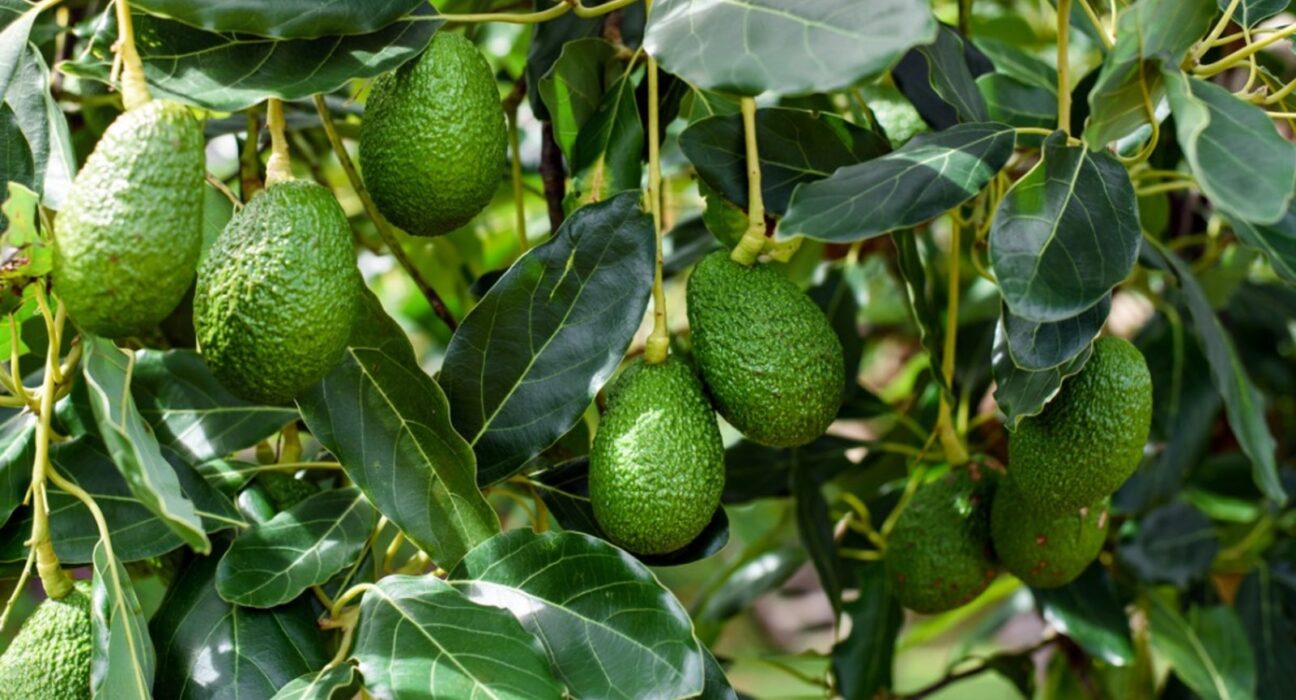Kenya’s avocado industry has rapidly gained international recognition, becoming one of the country’s most lucrative agricultural exports. With the growing global demand for avocados, often referred to as “green gold,” farmers and investors are keen to explore the best regions and practices for cultivating this valuable crop. This article delves into the ideal conditions for growing avocados in Kenya, focusing on climate, soil, and geographical factors that contribute to optimal yield and quality.
The Avocado Boom in Kenya
Kenya’s avocado industry has seen exponential growth, with the country’s exports ranking among the top globally. The most popular commercial varieties grown in Kenya include Hass, Fuerte, and Pinkerton. The versatility of these varieties, along with others like Choquette and Zutano, makes Kenya a prime location for avocado farming. The diverse climatic conditions across the country allow for a wide range of avocado cultivars, catering to different market preferences.
Climate Requirements: Temperature and Rainfall
Avocados thrive in a subtropical to tropical climate. The ideal temperature range for avocado cultivation in Kenya is between 25°C and 28°C, with a maximum tolerance of up to 30°C. However, temperatures exceeding 35°C can negatively impact fruit yield and size. Rainfall plays a crucial role, with a minimum requirement of 1,000 mm annually. Well-distributed rainfall, especially during flowering and fruit set, ensures good yields. However, excessive rainfall (over 1,800 mm) can lead to root rot, a common problem in waterlogged conditions.
Optimal Altitude and Humidity
Avocados can be grown at various altitudes in Kenya, with the most favorable range being between 1,500 and 2,100 meters above sea level. This altitude range is prevalent in Kenya’s highland regions, where the cool temperatures and high relative humidity create ideal growing conditions. High relative humidity during the growing season helps minimize environmental stress, leading to better fruit quality and yield. However, low humidity can exacerbate physiological stress, affecting the overall health of the avocado trees.
Soil Requirements: Structure, pH, and Organic Matter
The success of avocado cultivation largely depends on soil quality. Avocados require deep, well-drained soils with good aeration. A soil depth of at least one meter is recommended to accommodate the tree’s extensive root system. The ideal soil pH for avocados is between 6.2 and 6.5, but they can tolerate a pH range of 5 to 8. High salinity and excessive chlorine levels in the soil can harm avocado trees, making it crucial to monitor and manage soil conditions appropriately. Organic matter content is also vital, as it enhances soil fertility and structure, promoting healthy growth.

Production Seasons Across Kenya
Kenya’s diverse climate zones allow for multiple avocado production seasons, enabling farmers to supply fresh avocados to local and international markets throughout the year. The strategic mixing of type A and B avocado varieties in orchards ensures cross-pollination and increases fruit set, optimizing production cycles. This diversity also helps mitigate risks associated with seasonal fluctuations and climatic changes.
Challenges and Opportunities
While the avocado industry in Kenya offers significant opportunities, it also faces challenges such as pest infestations, diseases like Phytophthora root rot, and market fluctuations. Farmers must adopt sustainable farming practices, including integrated pest management and proper irrigation, to maintain healthy orchards. Additionally, exploring value-added products like avocado oil and processed avocado products can enhance profitability.
Conclusion: The Future of Avocado Farming in Kenya
Kenya’s avocado industry holds immense potential for growth, driven by favorable climatic conditions, diverse cultivars, and increasing global demand. By adhering to best practices in cultivation and leveraging the country’s geographical advantages, Kenyan farmers can continue to thrive in the avocado market. The future looks promising for this “green gold,” as Kenya cements its position as a leading avocado producer on the global stage.





